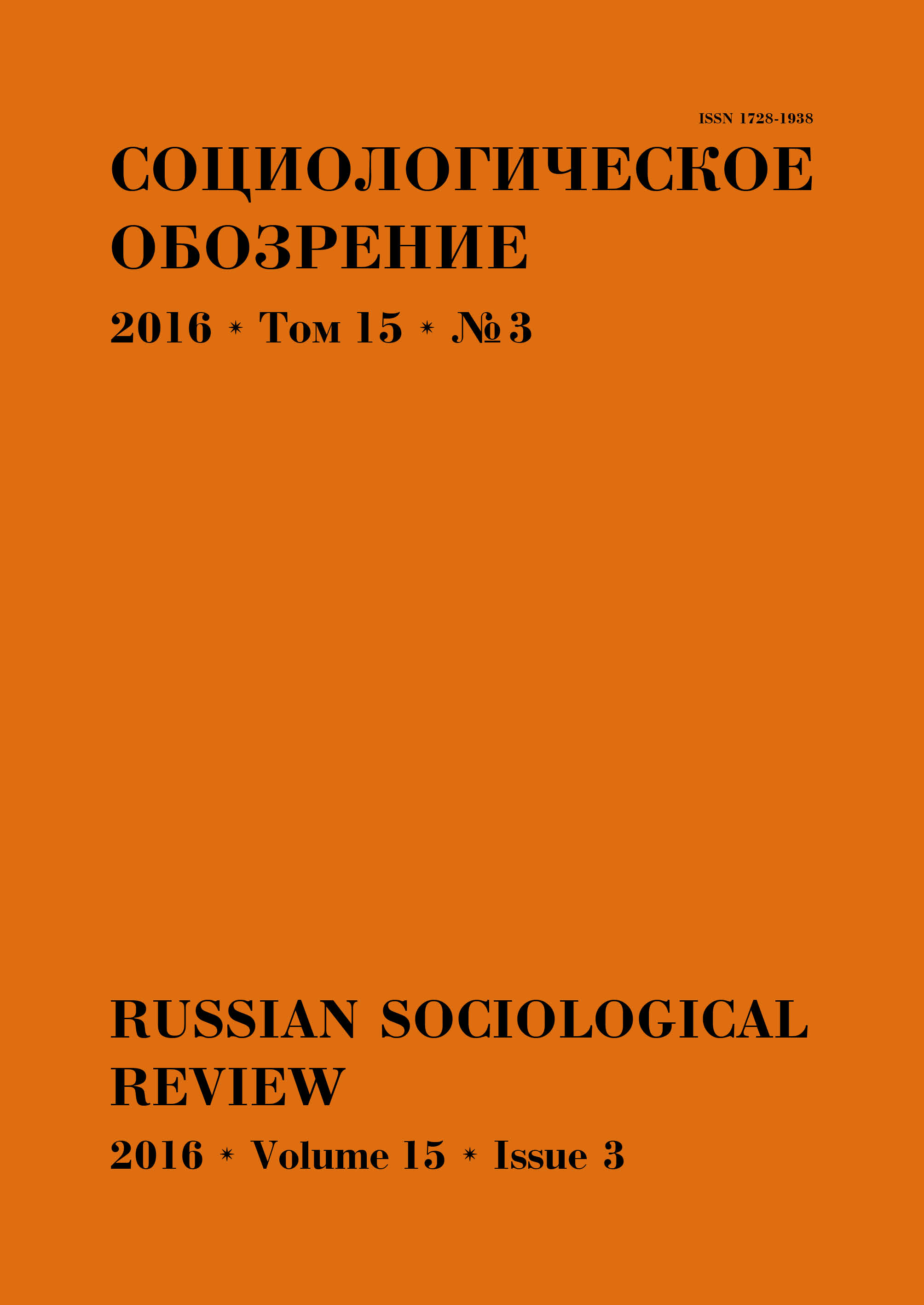Abstract
The paper takes the problem of social order or the conditions of the possibility of modern society that consists of a multitude of rational actors who pursue their private interests while frequently having opposing goals into consideration. The paper demonstrates that the problem in question, also known as a Hobbesian problem, has been transmitted to the center of the discourse of social science long ago since being formulated for the first time in 1651 by Thomas Hobbes in his famous Leviathan. The solution of the problem of social order as proposed by Hobbes, consisting in the recognition of the necessity to constitute a dominant political authority, i.e., the state which is capable of maintaining stable social relations, caused an intensive theoretical debate that continues to this day. Social theorists have proposed a large variety of answers to the question posed by Hobbes, but none can be considered as final or comprehensive. The paper makes an attempt to reconstruct various theoretical and methodological approaches to the problem of social order, from the solution proposed by Hobbes (including its reformulation by Talcott Parsons) to the analytical concepts of social order elaborated by contemporary thinkers belonging to different theoretical orientations. The article makes the conclusion that translating the old problem of classical political philosophy of modernity into the language of actual contemporary social theory allows the problematization of the heuristic foundations of political discourse of modernity by operationalizing its key concept.Downloads
Download data is not yet available.
